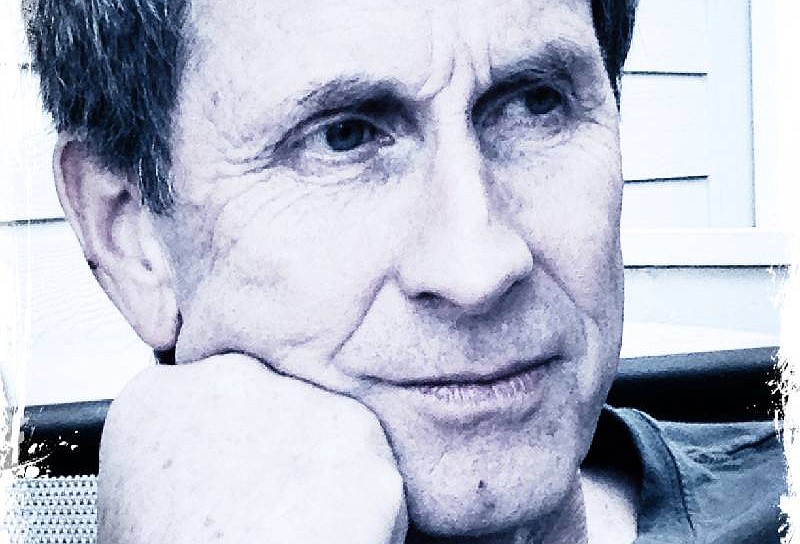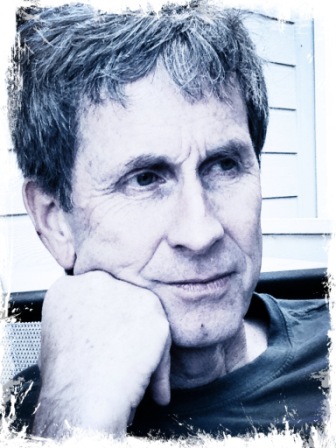A 2017 Pew survey found that belief in God is lower among college-educated individuals than among those having no college. Results of other polls indicate that most scientists, including an overwhelming percentage of those in the National Academy of Sciences, deny the existence of God.
This has led people like Richard Lynn, professor of psychology at the University of Ulster and a self-proclaimed skeptic, to conclude that belief in God is "simply a matter of IQ" - that is, the more intelligent you are, the less likely you will be inclined to religious belief.
Of course, that all depends on what one means by intelligence. Indeed, as a friend of mine once quipped: "Can a person who flunks the test to the most basic question in life ("Is there a God?") be considered intelligent?" That's because everything we "know" about the world, human nature, ethics and the meaning of life hangs on what we believe about their origin.
Perhaps the most comprehensive definition of "intelligence" is found in "Mainstream Science on Intelligence."
"Intelligence is a very general mental capability that, among other things, involves the ability to reason, plan, solve problems, think abstractly, comprehend complex ideas, learn quickly and learn from experience. It is not merely book learning, a narrow academic skill or test-taking smarts. Rather, it reflects a broader and deeper capability for comprehending our surroundings - 'catching on,' 'making sense' of things or 'figuring out' what to do."
Defined that way, intelligence is associated with worldview: the mental model we use to "make sense" of the world. Consequently, a person who subscribes to a worldview that aligns with the way the world really works could be said to possess real intelligence, while a person who endorses a faulty worldview could be said to demonstrate artificial intelligence.
In a discussion with an atheist, I was informed that, unlike the "God hypothesis," naturalism is free of untestable, unfalsifiable theories. To which, I responded, "naturalism brims with such, sustained by nothing other than the will to believe."
I went on to explain that these speculations grew out of the unsettling recognition that we inhabit a Goldilocks planet in which life teeters on the edge of nonexistence. Scrambling to account for these "just right" conditions, theorists trotted out the multiverse, an infinite manifold of universes that guarantees the existence of our hospitable home and every conceivable (and inconceivable) one as well.
What's more, the existence of the multiverse depends on: 1) the quantum field - a gossamer fabric of reality comprised of neither matter nor energy, but "potentiality"; 2) virtual particles that pop in and out of this numinous realm so quickly that the universal laws of conservation are not violated - um, except in a singular event that occurred over 14 billion years ago; 3) inflation, a process whereby one of those "particles" defied the laws of physics by materializing, then exploding at such an expansive rate that it gave birth to all the matter and energy of our fledgling universe.
Even leading researcher Alan Guth presents this narrative beaming, "It is said there is no such thing as a free lunch. But the universe is the ultimate free lunch." Such cognitive dissonance is far from the exception.
Indeed, with other inventions like self-organization, emergence, memes, selfish genes and macro-evolution, the narrative of naturalism reads more like a Brothers Grimm tale than Newton's "Principia Mathematica." Indeed, a frog-turned-prince story is no less a fairy tale by tweaking the timeframe from a bibbidi-bobbidi-boo instant to 150 million years.
My interlocutor responded, "Regis, but the speculative theories about the multiverse are there for a reason. We can either try to work out what's going on by proposing bold new ideas about the construction of the entire universe Or we can say: "God did it." I mean, what is the alternative?"
A whiff of jitteriness oozed from his question - for the inescapable answer is "There is no alternative." Either the universe is the thoughtful creation of an intelligent Designer or the fluke product of some unintelligent essence. If we reject the Designer because he is unyielding to our empirical methods, we are left with a scenario that depends on a host of things that are, likewise, unyielding - not to mention the task of explaining the existence of art, music, literature, poetry and language as creations of our neuron impulses.
Discussing his reconversion after a 20-year sojourn in atheism, British writer A.N. Wilson confessed, "I was drawn, over and over again, to the disconcerting recognition that so very many of the people I had most admired and loved, either in life or in books, had been believers."
What's more, the complexities of our humanness forced him to reassess the materialistic dogma that love, music and language are artifacts of unguided, unintelligent evolutionary processes.
Wilson returned to the faith he had left decades earlier with the conviction "that we are spiritual beings and that the religion of the incarnation, asserting that God made humanity in his image, and continually restores humanity in his image, is simply true. As a working blueprint for life, as a template against which to measure experience, it fits."
Wilson's discovery of the true nature of things was, in the truest sense, intelligent.
Regis Nicoll is a retired nuclear engineer and a fellow of the Colson Center who writes commentary on faith and culture. His book,"Why There Is a God and Why It Matters," is available on Amazon.

